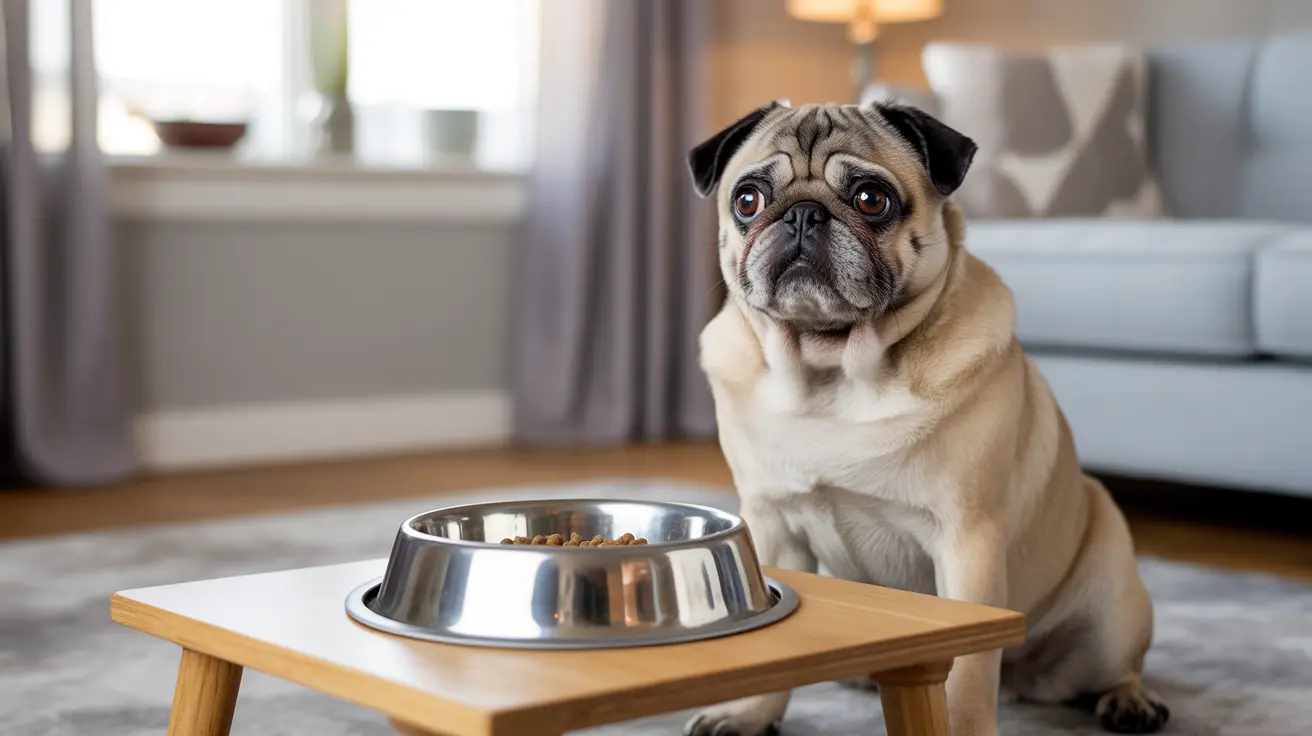What is Aspiration Pneumonia in Dogs?
Aspiration pneumonia in dogs is a serious respiratory condition that occurs when foreign materials, such as food, liquid, or stomach contents, are inhaled into the lungs. This inhalation triggers inflammation and potential infection, which can quickly develop into a life-threatening situation if left untreated.
Unlike regular pneumonia, aspiration pneumonia presents unique challenges because the inhaled substances can cause immediate damage to the lung tissue and create an environment where bacteria can thrive. Understanding this condition is crucial for dog owners, as early recognition and prompt treatment can significantly impact the outcome.
Common Causes and Risk Factors
Several factors can increase a dog's risk of developing aspiration pneumonia:
- Anatomical factors (especially in brachycephalic breeds)
- Neurological disorders affecting swallowing
- Esophageal diseases
- Frequent vomiting or regurgitation
- Improper administration of liquid medications
- Anesthesia complications
Brachycephalic breeds, such as Pugs, Bulldogs, and Boston Terriers, are particularly susceptible due to their unique facial structure and compressed airways. Dogs with underlying health conditions that affect their ability to swallow properly are also at higher risk.
Recognizing the Signs
Early detection of aspiration pneumonia is crucial for successful treatment. Watch for these warning signs:
- Persistent coughing, especially after eating or drinking
- Difficulty breathing or rapid breathing
- Lethargy and decreased energy levels
- Loss of appetite
- Fever
- Blue-tinted gums (in severe cases)
- Nasal discharge
- Difficulty swallowing
Diagnosis and Treatment Approaches
When aspiration pneumonia is suspected, veterinarians typically perform a thorough physical examination and may recommend several diagnostic tests:
- Chest X-rays to visualize lung involvement
- Blood work to check for infection and inflammation
- Oxygen level monitoring
- Bronchoscopy in some cases
Treatment usually involves a multi-faceted approach:
- Antibiotics to fight bacterial infection
- Oxygen therapy when necessary
- IV fluids for hydration support
- Careful monitoring of vital signs
- Physical therapy techniques to help clear the lungs
Prevention Strategies
Preventing aspiration pneumonia is always preferable to treating it. Key preventive measures include:
- Feeding dogs in an upright position
- Using elevated food and water bowls for at-risk breeds
- Carefully administering medications
- Managing underlying health conditions
- Regular veterinary check-ups for at-risk dogs
Recovery and Long-term Management
Recovery from aspiration pneumonia requires patience and careful monitoring. Most dogs need several weeks to fully recover, and some may require ongoing management to prevent recurrence. Regular follow-up appointments and chest X-rays help ensure proper healing and prevent complications.
Frequently Asked Questions
What are the common symptoms of aspiration pneumonia in dogs?
The most common symptoms include coughing, difficulty breathing, lethargy, fever, loss of appetite, and rapid breathing. In severe cases, dogs may show blue-tinted gums and extreme respiratory distress.
How is aspiration pneumonia diagnosed in dogs?
Diagnosis typically involves a combination of physical examination, chest X-rays, blood work, and evaluation of oxygen levels. The veterinarian will also consider the dog's medical history and any recent incidents that might have led to aspiration.
What is the typical treatment for aspiration pneumonia in dogs?
Treatment usually includes antibiotics, oxygen therapy when needed, IV fluids, and supportive care. Some dogs may require hospitalization for intensive monitoring and treatment.
Why are some dog breeds more prone to aspiration pneumonia?
Brachycephalic breeds (flat-faced dogs) are more susceptible due to their shortened airways and anatomical structure. Dogs with certain medical conditions affecting swallowing or esophageal function are also at higher risk.
How can I prevent my dog from developing aspiration pneumonia?
Prevention strategies include feeding dogs in an upright position, using elevated bowls when appropriate, careful medication administration, and managing underlying health conditions that might increase aspiration risk.






